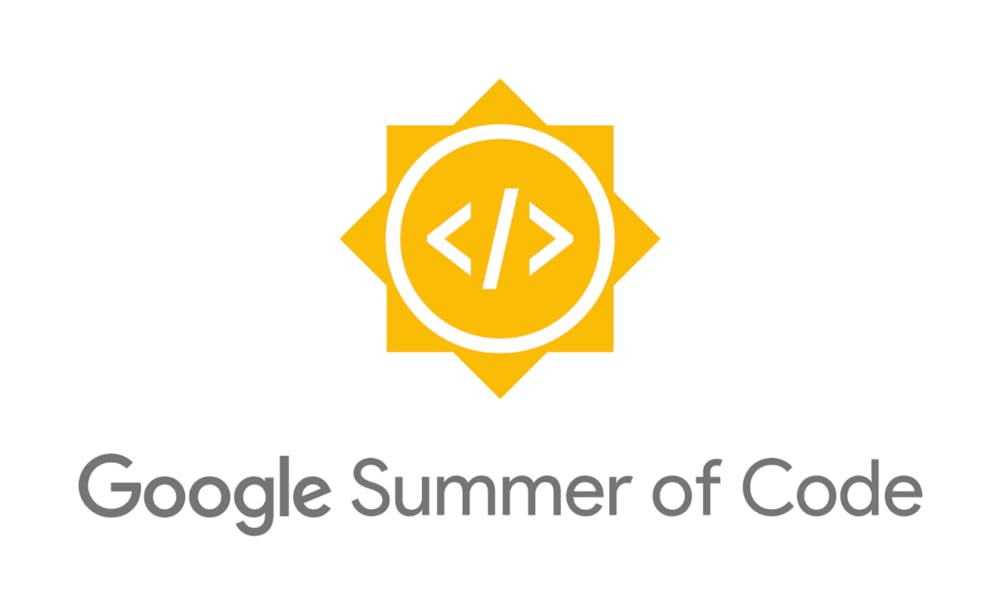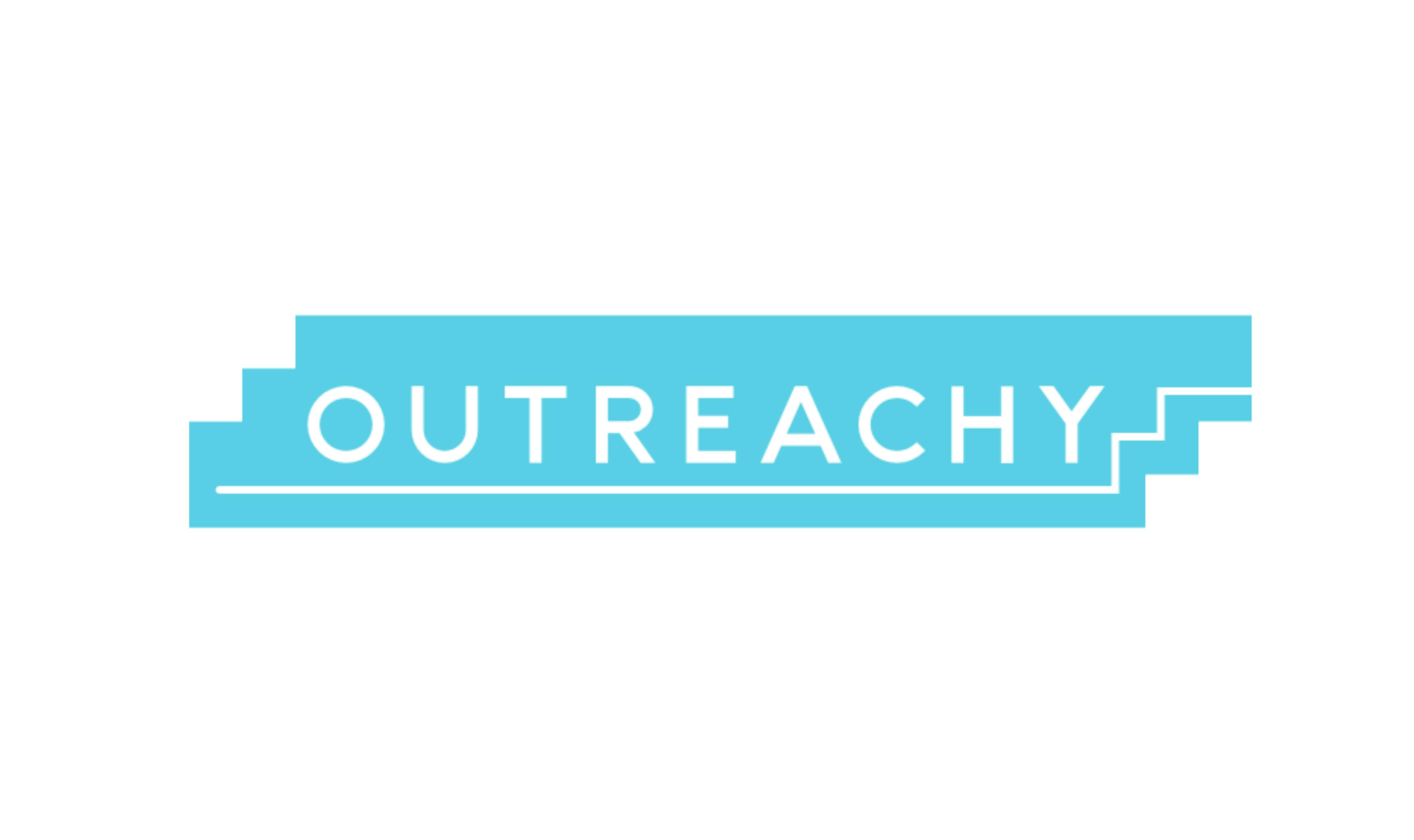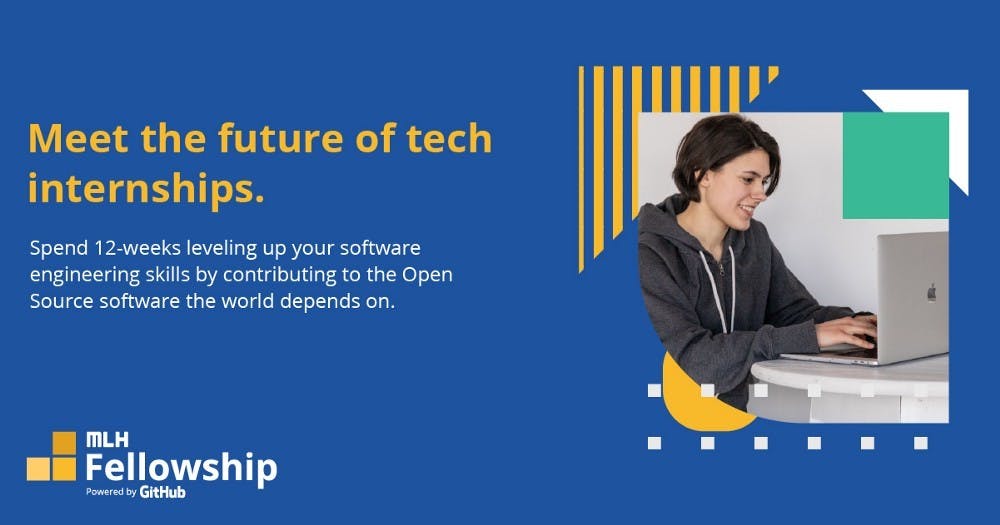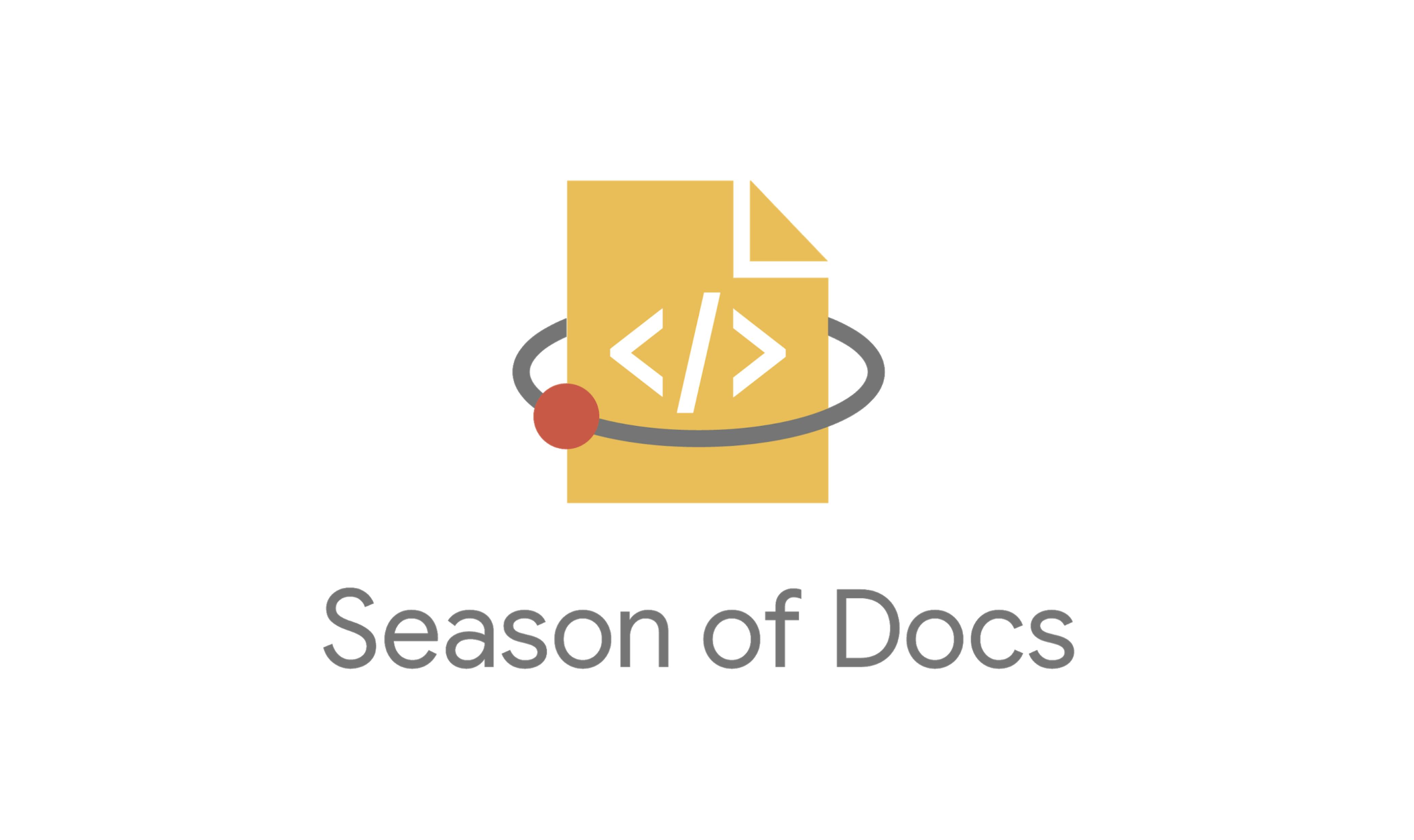What does open source mean?
Well, as you’re probably reading this article, you might have seen in the dev community about open source and wondering what that does that actually meant. The term open source refers to something people can modify and share because it is publicly accessible.
Open-source software is a type of computer software that is released under a license, but the source code is made available to all the users. The copyright holders of such software allow the users to use it and do some valuable modifications in its source code to add some new features, to improve the existing features, and to fix bugs if there are any. Because of this reason only Open-source software is mostly developed collaboratively.
Benefits of Open source contribution
You need not to develop the whole thing from scratch, you just have to fork your favorite projects and start experimenting with them.
While doing open-source contribution, you interact with like-minded developers from all over the world and build connections along the way.
You actually code real-world open-source projects which also refines your existing knowledge of programming and helps you learn new skills.
How do I get started in open source?
plenty of people want to get involve in open source, but don’t know where start, sometimes I commonly hear people say that they’d love to contribute to open source projects but they can’t, because they think they’re not good at programming, or don’t know which open source project work on.
These are common questions most beginners to open source software and communities often ask. Well, as a new folk to open source, you can start your discovery online and offline. Events and projects of many different kinds will help you as a beginner find what you are good at and allow you to get to know your own skills well enough.
Firstly, try as much as possible to get familiar with the product: Because the best project to start working on is one that you use already and actually the smallest of your contributions still worth more than none.
Secondly, Join the mailing list: For many projects, the mailing list is the main conduit of communication about the development of the project. On large projects, there are many mailing lists to choose from. For example, the Tensorflow project has no fewer than 12 user-oriented lists and six developer lists on its mailing list page. I suggest you follow the main user-oriented list and the core developer list in which to start communicating with them.
Lastly, Join an IRC channel: Many open source projects have dedicated Internet relay chat (IRC) channels where developers and users hang out to discuss problems and development. Check the project's website for the details of what the channel is called and what IRC network it's found on.
Recommended Open source programs
Google summer of code

Google Summer of Code (GSoC) is a global, online program that brings new contributors into open source software organizations. The program began in 2005 and until 2021 was focused on bringing university students into open source. These GSoC Contributors will write code and become part of these open source communities while making some money along the way. The organizations provide mentors who act as guides through the entire process, from learning about the community, to helping GSoC Contributors become familiar with the code base and testing practices, to finally releasing their code for the world to use! The ultimate goal is that these GSoC Contributors will become excited about the communities they are involved with during the program and will continue to actively contribute to the communities long after their GSoC program ends or maybe start their own open source project.
Outreachy

Outreachy is a paid, remote internship program. Outreachy's goal is to support people from groups underrepresented in tech. They help newcomers to free software and open source make their first contributions. Outreachy provides internships to work open source. People apply from all around the world. Interns work remotely, and are not required to move. Interns are paid a stipend of $7,000 USD for the three-month internship. Interns work with experienced mentors from open source communities. Outreachy internship projects may include programming, user experience, documentation, illustration, graphical design, or data science. Interns often find employment after their internship with Outreachy sponsors or in jobs that use the skills they learned during their internship.
MLH Fellowship

The MLH Fellowship is a 12-week internship alternative for aspiring technologists. They’re programs are fun, educational curriculum with practical experience that you can put on your resume right away. It's collaborative, remote, and happens under the guidance of expert mentors. Fellows will collaborate on projects that align their personal interests with the general demands of industry. They select projects based on feedback from the program's various sponsors, ability for Fellows to successfully collaborate on real-world software issues. While projects span a variety of languages and frameworks, the 2-3 projects that each Pod supports will use a related set of technologies and tooling.
Google Season of Docs

Google Season of Docs is a sponsored program where students specializing in technical communication help open source projects improve their available documentation and tutorials. Season of Docs provides support for open source projects to improve their documentation and gives professional technical writers an opportunity to gain experience in open source. Together we raise awareness of open source, of docs, and of technical writing.
How does it work?
Season of Docs operates as a grant program. Accepted organizations will receive between US$5,000 and US$15,000 to use for a documentation project.
- Open source organizations submit project proposals. Organizations should review the organization proposal guide before creating their proposal. Project proposals include a proposed budget, timeline, and metrics.
- Accepted organizations hire technical writers directly. The Season of Docs grants will be disbursed in two payments; 40% upon hiring a technical writer, and 60% after receiving the final evaluation and case study. For more information on receiving grants, please visit our grants for organizations guide.
- Interested technical writers can signal their willingness to participate by contacting organizations through their project pages and by adding themselves to the Season of Docs technical writer directory. We encourage interested technical writers to work with organizations to create project proposals.
Organizations submit their final evaluations and case studies by the program deadline. Final evaluations and case studies outline what the organization and technical writer learned during the project.
At the end of the program, the Google program administrators publish the final evaluations and case studies. Google program administrators will also follow up with the organizations at intervals to ask follow up questions about the project metrics.